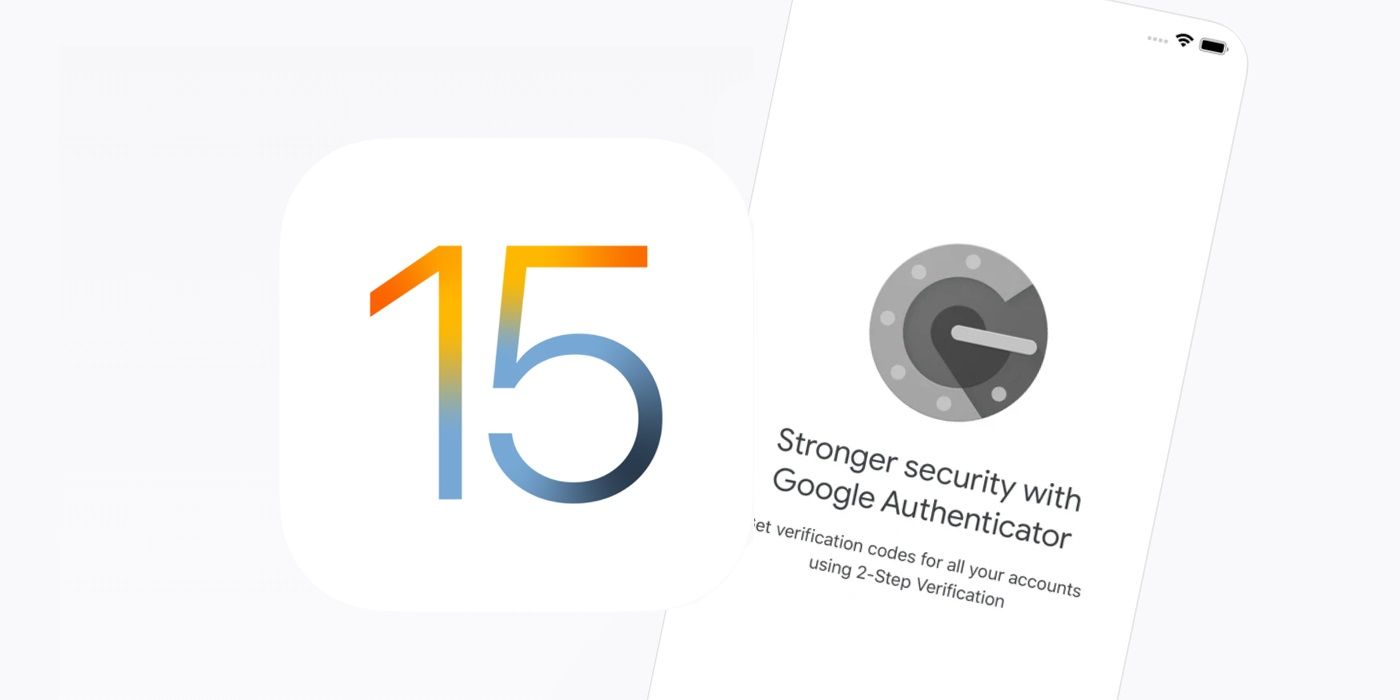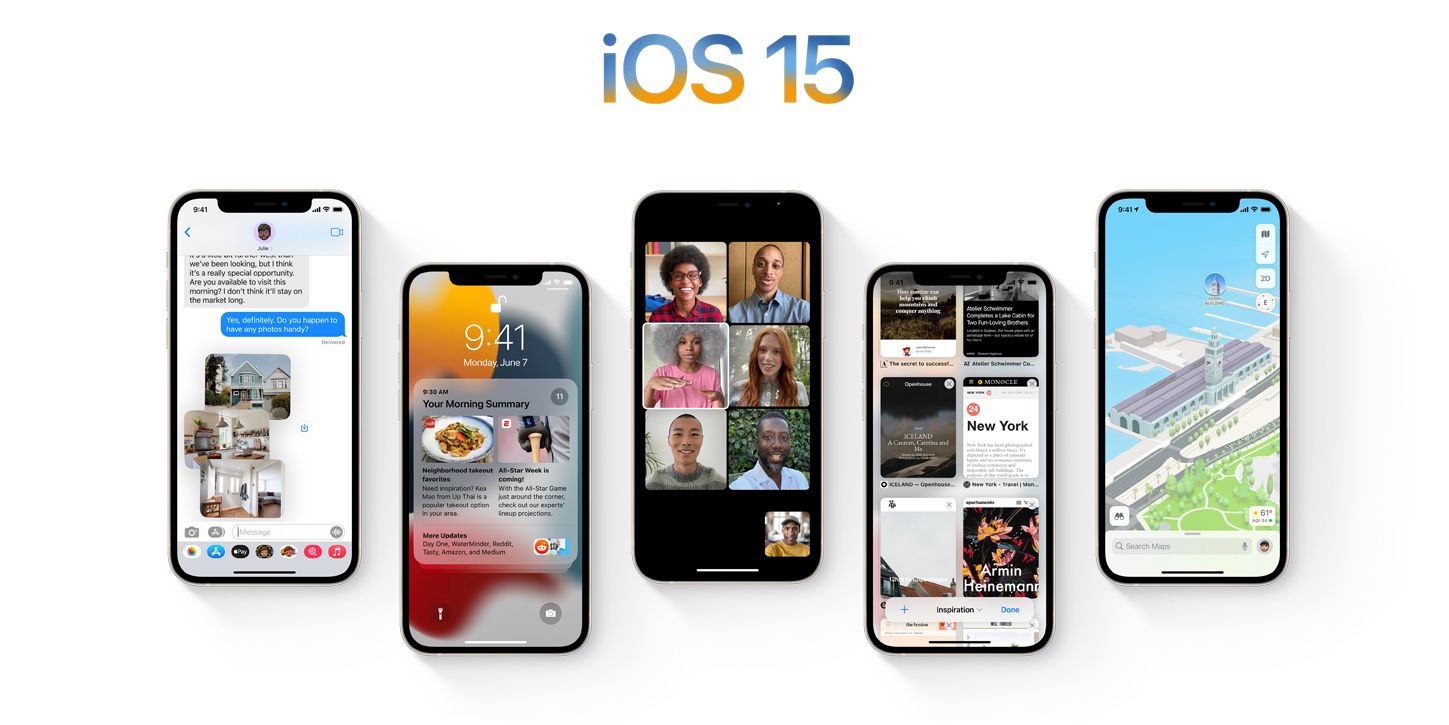Apple’s iOS 15 will add a built-in authenticator to iPhone, removing the need to download Google Authenticator or any other code-generating verification app for that matter. The latest iOS update is already shaping up to be an interesting and useful upgrade, with many new features now confirmed, including improvements to FaceTime, messaging, privacy, accessibility and more.
The use of an authenticator app has become all the more common over the last couple of years. This is mainly due to the increased number and severity of security risks when connected to the internet, combined with the number of apps and services that have since rolled out two-factor authentication support as a way to increase security. Although not the only one, Google Authenticator is a popular app for managing these codes and only recently received the ability to transfer codes from an older iPhone to a newer one.
When iOS 15 begins rolling out to compatible iPhone models, users will find that they won’t any longer need to download an additional app for these codes. This is due to iOS 15 coming loaded with a built-in authenticator feature. Apple has not explained too much on how it all works, but does clearly make the point that iPhone users will be able to generate verification codes on their iPhone without an additional app.
Apple Stepping Up Its Privacy Game
The use of an authenticator to access apps and services is only likely to increase in the future and, on the surface, Apple’s solution looks like a solid option for many users. Besides the ability to save on the space needed for an authenticator app, Apple appears to be looking to ensure the process is as seamless as possible. For example, once the codes are generated and in use, an iPhone will be able to autofill the codes when needed. This not only removes the need to switch apps, but should speed up the signing in process in general.
One area that remains unclear at the moment and likely the biggest issue for some users is cross-device (and platform) support. As this is a built-in authenticator, it will likely only be accessible on the device that’s been upgraded to iOS 15. In other words, although Apple is removing the need to install an authenticator app on an iPhone running iOS 15, users will probably still need to use Google Authenticator or an alternative verification app on their other devices. For those that often switch between different platforms and devices, this may make Apple's iOS 15 built-in authenticator app a little less useful.
Source: Apple


